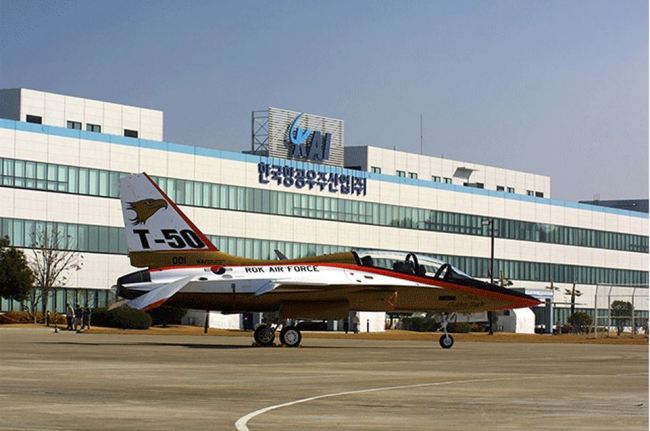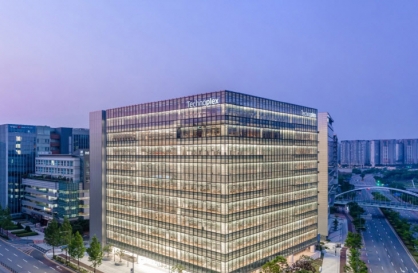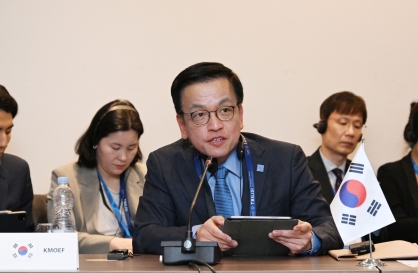
The latest controversy sparked Monday after an audit report noted that KAI collected at least 54.7 billion won ($47.9 million) in unjust profits while manufacturing a new fleet of indigenously produced light helicopter Surion for the country’s military.
The Board of Audit and Inspection said that KAI falsified development costs to collect nearly 55 billion won in unmerited profits while the semiprivate agency acted as an intermediary between Seoul’s Defense Acquisition Program Administration and 21 contractors.
The government invested some $1.14 billion for the Surion project that will continue production until 2023. So far, 34 helicopters have been deployed.
The BAI requested a prosecution investigation, but the KAI denies the accusation.
“Surion-related payments have been made legitimately and transparently in accordance with an agreement between DAPA and KAI,” the aircraft maker said in a press release, adding it would respond with countermeasures such as legal action.
The fate of the Korea Fighter Experimental program ― an 18 trillion won project to develop an indigenous fighter jet by 2025 ― was also gloomy as the firm is facing hurdles to move it forward.
During a parliamentary audit in September, DAPA was found to have failed to secure the transfer of core technologies from U.S. firm Lockheed Martin for the fighter jet project. Experts said the government may delay on signing the deal with KAI.
The state-run DAPA agreed with the U.S. defense firm to acquire 25 technologies as part of their 7.3 trillion won deal to purchase 40 F-35 radar-evading fighters to be deployed between 2018 and 2021.
DAPA officials found in April that four of them, which were added later to the accord on the condition that the U.S. grant approval, were denied an export license due to technology-protection policies.
Since KAI was selected as the preferred bidder for the project in March, its shares jumped to over 100,000 won in early September from 50,000 won in April on the Korea Exchange.
But the shares fell back to around 70,000 won after being hit by the two scandals.
“The biggest issue for the firm is whether it can win the KF-X deal within the year. The failed tech transfer makes it uncertain,” an industry insider said.
By Park Han-na (hnpark@heraldcorp.com)
-
Articles by Korea Herald





![[Weekender] Korean psyche untangled: Musok](http://res.heraldm.com/phpwas/restmb_idxmake.php?idx=644&simg=/content/image/2024/05/02/20240502050841_0.jpg&u=)

![[Eye Interview] 'If you live to 100, you might as well be happy,' says 88-year-old bestselling essayist](http://res.heraldm.com/phpwas/restmb_idxmake.php?idx=644&simg=/content/image/2024/05/03/20240503050674_0.jpg&u=)










![[Herald Interview] Director of 'Goodbye Earth' aimed to ask how we would face apocalypse](http://res.heraldm.com/phpwas/restmb_idxmake.php?idx=652&simg=/content/image/2024/05/03/20240503050732_0.jpg&u=)
